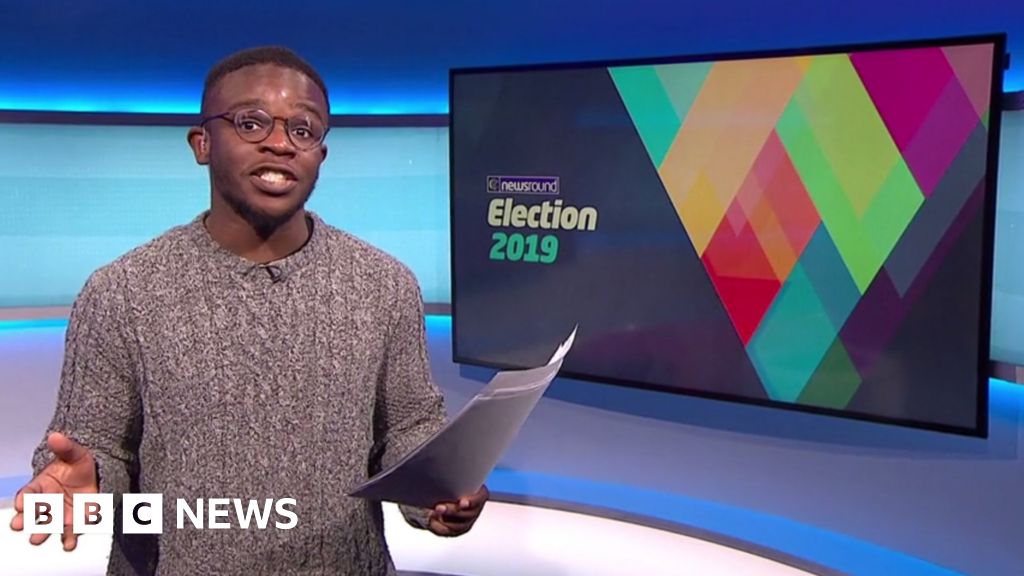
This kind of aggression is not uncommon in young gamers who feel frustrated with their real lives. But it helped me because I could be aggressive and get my anger and frustration out online," he says. "I was aware that I played too much but I didn't know what to do. Underlying that new sense of belonging was a young man who felt powerless and neglected in real life. "I liked gaming because people couldn't see me, they accepted me as my online character - I could be good at something and feel part of a group." George kept his gaming problem a secret as much as he could but when he did tell people, he says that no-one offered him help. 'George' used to spend hours every day playing Call of Duty 4 At the clinic I also feel accepted and have come out of myself." "I was never helped by my parents or my school. "Call of Duty was somewhere I felt accepted for the first time in my life," he says. He was spending at least 10 hours a day playing Call of Duty 4 until he sought help at the centre. George is an 18-year-old gamer being treated at the clinic in Amsterdam. If no one is there to help them, then nothing will ever happen." "These kids know exactly what they are doing and they just don't want to change. That means stepping in and sometimes literally taking a child away from a computer, removing them from the game for a period of time until they become aware of their habits and begin to see there are other choices. Many of the symptoms they have can be solved by going back to good old fashioned communication."īy offering compulsive gamers a place where they feel accepted and where their voice will be heard, the clinic has found that the vast majority have been able to leave gaming behind and rebuild their lives.įor Mr Bakker the root cause of the huge growth in excessive gaming lies with parents who have failed in their duty of care.īut he is quick to point out that 87% of online gamers are over the age of 18 - and once they cross that line, help is something they need to seek for themselves because parents no longer have the legal right to intervene.įor younger gamers, intervention may be the only way to break the cycle. "Eighty per cent of the young people we see have been bullied at school and feel isolated. "This gaming problem is a result of the society we live in today," Mr Bakker told BBC News. In response the clinic has changed its treatment programme for gamers to focus more on developing activity-based social and communications skills to help them rejoin society. What many of these kids need is their parents and their school teachers - this is a social problem." "But the more we work with these kids the less I believe we can call this addiction. "These kids come in showing some kind of symptoms that are similar to other addictions and chemical dependencies," he says. For the other 90% who may spend four hours a day or more playing games such as World of Warcraft, he no longer thinks addiction counselling is the way to treat these people. Using traditional abstinence-based treatment models the clinic has had very high success rates treating people who also show other addictive behaviours such as drug taking and excessive drinking.īut Mr Bakker believes that this kind of cross-addiction affects only 10% of gamers. The Smith & Jones Centre in Amsterdam has treated hundreds of young gamers since the clinic opened in 2006.īut the clinic is changing its treatment as it realises that compulsive gaming is a social rather than a psychological problem.

So says Keith Bakker the founder and head of Europe's first and only clinic to treat gaming addicts. Ninety per cent of the young people who seek treatment for compulsive computer gaming are not addicted. Keith Bakker (right) regularly takes time to meet and talk to gamers.


 0 kommentar(er)
0 kommentar(er)
